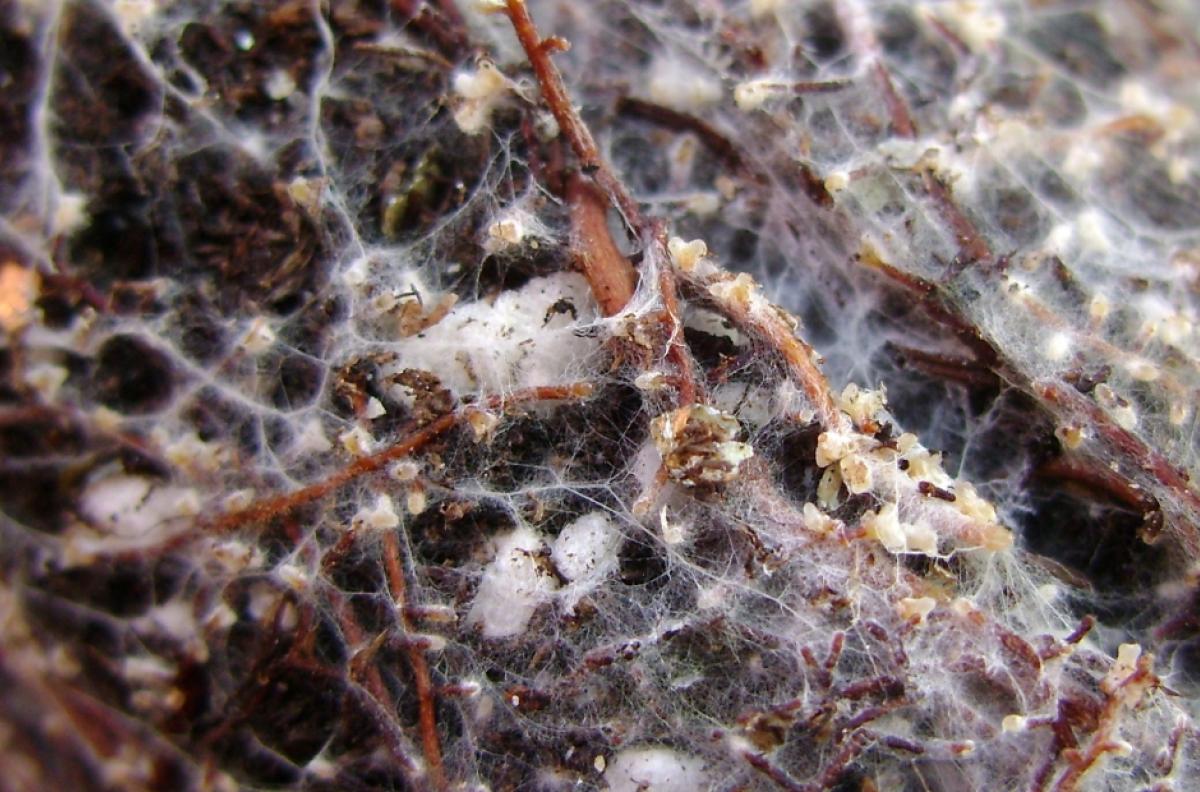
Mutualist root fungi extend the reach of plants and trees to nutrients in faraway places.
A microbiome has a more diverse microbiome than its healthy counterpart," said UC Santa Barbara ecologist An Bui, a graduate student researcher in the lab of theoretical ecologist Holly Moeller. The diversity, she said, is a response to variable conditions that may in turn indicate an unstable or stressed environment. "Healthy hosts are probably going to have very similar microbiomes," she said, "while unhealthy hosts are different in their own ways."
Bui and colleagues sought to understand how climate change might affect fungal communities in woodland soil in a future California.
“Fungi are really important for woodland systems,” said Bui, the lead author of a study that appears in the journal FEMS Microbiology Ecology. “But we don’t necessarily know how they will change with climate change.”
As the global average temperature rises, forests and woodlands around the world are under increasing threat, she explained.